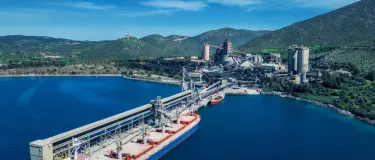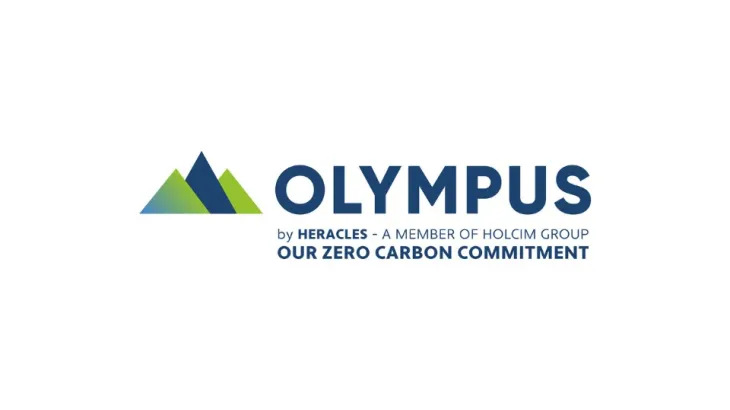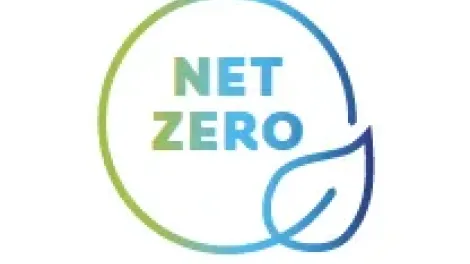OLYMPUS - HERACLES GROUP CARBON CAPTURE PROJECT
The "OLYMPUS" project aims to the green transformation of our Group's cement production plant in Milaki, Evia, into a net zero carbon facility, utilizing innovative carbon capture and storage technologies (Carbon Capture Storage - CCS). In 2023, the EU Innovation Fund has chosen to finance a significant part of the CO2 sequestration project. This is an investment of more than 300 million Euros in total, of which the Innovation Fund will be funding the 124.5 million Euros.

OLYMPUS AT A GLANCE
PROJECT LEADER
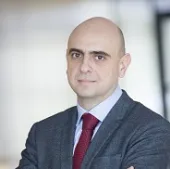
This is an emblematic project for Greece which is fully in line with the decarbonization goals of our country. HERACLES Group is once again leading the transformation of the construction industry towards a more viable and sustainable future.
THE TECHNOLOGY ADOPTED IN THIS INNOVATIVE PROJECT
The large-scale Carbon Capture and Storage (CCS) “OLYMPUS” project aims to transform the Milaki cement plant in Evia, Greece into a net-zero carbon cement plant, through the adoption of innovative technologies. Captured CO₂ will be liquefied and transported by sea to the Greek offshore sequestration facility of Prinos in the northern part of the Aegean Sea. The project is planned to achieve a 95% relative greenhouse gas (GHG) emission avoidance compared to the reference scenario.
The Milaki plant will be retrofitted with state-of-the-art technologies, increasing energy and resource efficiency, as well as circularity, allowing for low incremental capturing costs of CO₂. The technology is expected to reduce the complexity compared to a full oxyfuel approach and aims to optimise the cost efficiency of captured CO₂. Further to the maximum energy recuperation with the Waste Heat Recovery System (WHRs), the plant will cover its full electricity demand of 365 gigawatt hour (GWh)/year (for reference, similar to 220.000 EU average annual citizens consumption). This will be achieved via renewable energy with a >90% penetration rate, whereas thermal energy demand will come from >80% alternative (non-fossil) fuels. The project expects to have an absolute GHG emissions avoidance of 6.8 million tons CO₂ equivalent during the first ten years of operation.
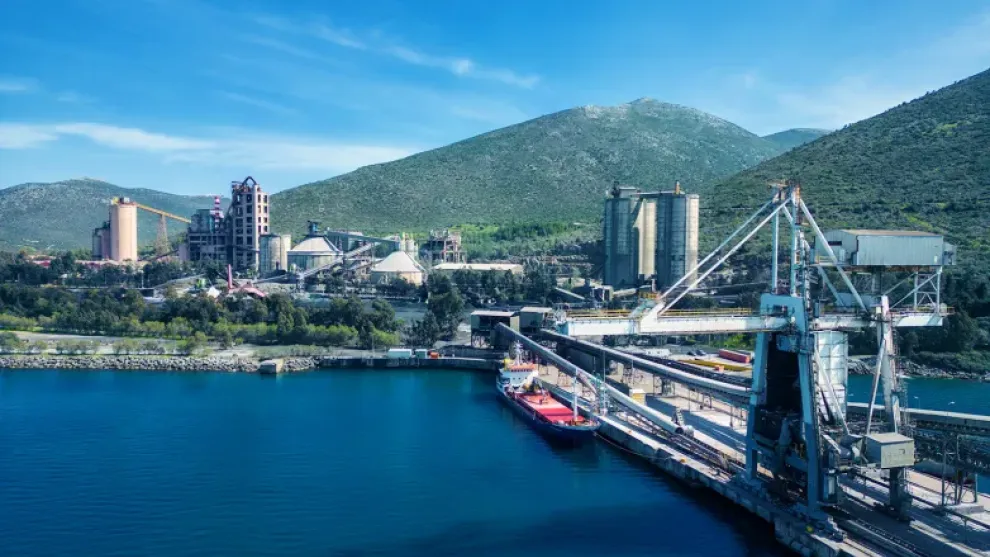
BENEFITS AT GREEK AND EUROPEAN LEVEL
The project will contribute to the objectives of REPowerEU strategy, by helping to reduce fossil fuel consumption in industry and transport, and particularly to the objectives of the Net-Zero Industry Act (NZIA) of reaching 50 mega tons (Mt)/year CO₂ storage capacity by 2030. The project will also promote the production of green construction materials, sequestrating more than 900 000 tons CO₂/year. The project will contribute to both Greek and European climate-neutrality, by creating new markets for climate neutral and circular products, such as steel, cement and basic chemicals.
The project will have positive socio-economic impacts at the regional level, expecting to create 1.000 jobs (400 direct and 600 indirect), including the collaboration with subcontractors and suppliers, thus contributing to the overall economic development of the area. OLYMPUS will also serve as a CCS knowledge hub, promoting knowledge sharing among policymakers, academia, professionals and other stakeholders. The creation of knowledge sharing networks, exchange of technology, expertise and best practices will also facilitate stakeholder learning, and contribute to the development of innovative solutions for decarbonizing energy-intensive industries.



